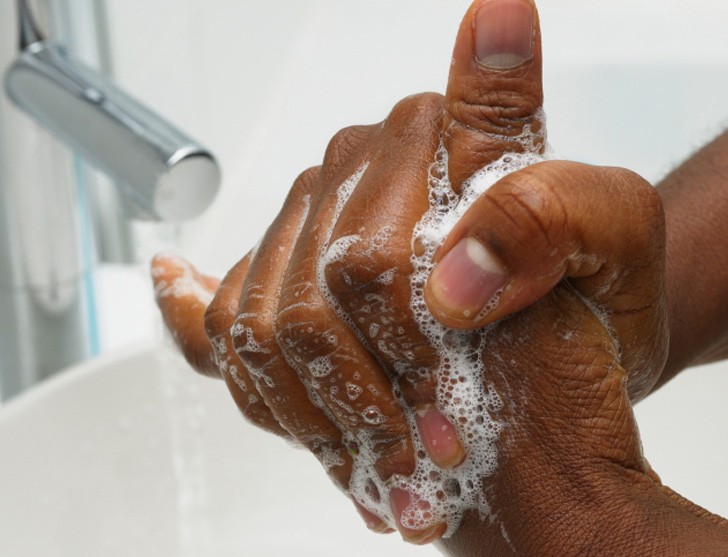- Empty cart.
- Continue Shopping
The Importance of Handwashing in Preventing Cholera

Cholera is a highly contagious and potentially deadly waterborne disease caused by the bacterium Vibrio cholerae. It can lead to severe diarrhea, dehydration, and even death if left untreated. Fortunately, cholera is preventable, and one of the most effective measures to prevent its spread is a simple yet powerful practice: handwashing.
Understanding Cholera
Cholera is primarily transmitted through the ingestion of contaminated water or food. In areas with inadequate sanitation and hygiene practices, cholera can spread rapidly, leading to outbreaks and epidemics. The bacterium responsible for cholera can survive in water sources for extended periods, making it a persistent threat, particularly in communities without access to safe drinking water.
The Role of Handwashing
Handwashing is a critical intervention in the prevention of cholera for several reasons:
1. Breaks the Transmission Chain
Cholera is often introduced into the human body through the consumption of contaminated water or food. However, once it enters the digestive system, it can be excreted in feces, potentially contaminating the environment further. Proper handwashing with soap and clean water can break this transmission chain by removing the bacteria from the hands, reducing the risk of spreading it to others.
2. Prevents Cross-Contamination
In households and communities where cholera is present, contaminated hands can easily transfer the bacteria to surfaces, utensils, and other people. Regular handwashing reduces the risk of cross-contamination, preventing the disease from spreading within households and communities.
3. Promotes Safe Food Handling
Foodborne transmission of cholera is a significant concern, as contaminated hands can introduce the bacterium to food during preparation, serving, or consumption. Handwashing before and after handling food is essential to ensure that food remains safe to eat.
4. Enhances Personal Hygiene
In addition to preventing cholera, regular handwashing promotes overall personal hygiene. It reduces the risk of various other infections and illnesses, contributing to better health and well-being.
How to Properly Wash Hands
To effectively prevent cholera and other infectious diseases, it’s crucial to wash hands properly. Here’s a step-by-step guide:
1. Wet Your Hands: Use clean, running water to wet your hands thoroughly. It can be cold or warm water, as long as it’s clean.
2. Apply Soap: Apply enough soap to cover all surfaces of your hands. This includes the front and back of your hands, between your fingers, and under your nails.
3. Scrub Thoroughly: Rub your hands together vigorously for at least 20 seconds. Be sure to scrub all areas of your hands and fingers.
4. Pay Attention to Fingernails: Use a nail brush or your fingertips to clean under your fingernails.
5. Rinse: Rinse your hands thoroughly under clean, running water until all soap is washed away.
6. Dry Your Hands: Dry your hands using a clean towel or an air dryer. If possible, use a disposable paper towel to turn off the faucet and open the door to avoid recontaminating your hands.
7. When to Wash: Wash your hands before eating, before preparing food, after using the toilet, after changing diapers, after caring for someone who is sick, and whenever your hands are visibly dirty.
The Global Importance of Handwashing
Handwashing isn’t just vital in cholera-affected regions; it’s a global public health imperative. According to the World Health Organization (WHO), proper handwashing can reduce the risk of diarrheal diseases by up to 40%. This simple practice can also prevent the transmission of other infectious diseases, including respiratory illnesses like the flu and COVID-19.
Finally, Handwashing is a powerful and accessible tool in the fight against cholera and other infectious diseases. It plays a crucial role in breaking the transmission chain, preventing cross-contamination, promoting safe food handling, and enhancing personal hygiene. By incorporating proper handwashing into our daily routines and advocating for its importance on a global scale, we can contribute to a healthier and safer world for everyone. Handwashing isn’t just a hygiene practice; it’s a life-saving act that should be prioritized by individuals, communities, and nations alike.








